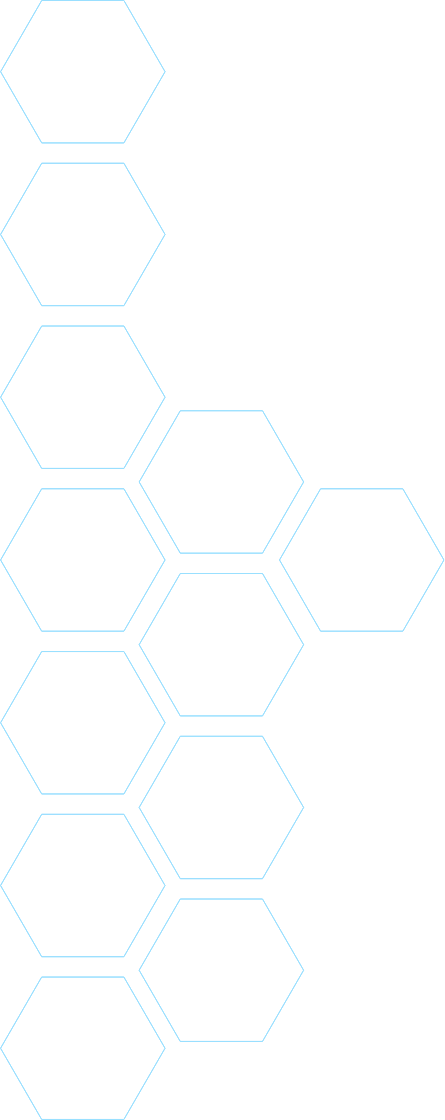May 10, 2023
A new five-year agreement brings two leading American and Swedish universities together even closer to address some of the most pressing technological challenges facing the U.S. and Europe.
University of California, Berkeley and KTH Royal Institute of Technology in Sweden met in Berkeley on May 10 to sign a memorandum of understanding (MoU) that calls for expanded educational and research exchanges across a wide range of technological fields, including computer science, biotechnology, chemistry, mechanical engineering and basic scientific exploration.
The agreement aims to extend the historically close cooperation between the two universities. It was signed by KTH President Anders Söderholm and UC Berkeley Vice Provost for Academic Planning Lisa Alvarez-Cohen at the culmination of a two-day innovation conference in San Francisco organized by KTH. The conference explored opportunities for collaboration to address society’s toughest challenges, bringing together American and Swedish leaders from the private, public and academic sectors — including faculty from UC Berkeley.
The event at UC Berkeley included panels in which researchers from UC Berkeley and KTH, as well as officials from the City of Stockholm, discussed skills for the future and digital transformation and AI to address societal challenges.
In the MoU, the two universities agree to expand opportunities for research and education that strengthen each university’s work toward a more sustainable society and innovative solutions for the future.
Söderholm says the agreement marks a new chapter in a partnership between institutions that share important values, yet offer each other unique perspectives that will define the future.
“California and Sweden are thousands of miles apart, but when it comes to our commitments to sustainable societal development and digital transformation, we are very much on the same page. This agreement is one way our respective universities can build on the importance of U.S.-Swedish relations,” Söderholm says. “Our students and researchers will benefit with new networks that reach more people and have wider influence.”
“We are excited about expanding our connection to KTH to advance innovation in the interest of society, to support researchers, and to increase global opportunities for our students,” says Claire Tomlin, Chair of Electrical Engineering and Computer Sciences at the University of California, Berkeley. “This collaboration is sure to bring us closer to a more sustainable future.”
Highlights of the agreement may include:
- Joint research projects, joint conferences, workshops, symposia, seminars and training programs of mutual interest
- Pursuit of avenues for exchange of researchers which may include faculty, graduate students, and postdoctoral scholars
- Pursuit of avenues for student exchange
- Exchange of academic publications and other information
About KTH Royal Institute of Technology
Since its founding in 1827, KTH Royal Institute of Technology in Stockholm has become one of Europe’s leading technical and engineering universities, as well as a key centre of intellectual talent and innovation.
KTH works with industry and society in the pursuit of sustainable solutions to some of humanity’s greatest challenges: climate change, future energy supply, urbanisation and quality of life for the rapidly-growing elderly population. We are addressing these with world leading, high-impact research and education in natural sciences and all branches of engineering, as well as in architecture, industrial management, urban planning, history and philosophy.
KTH is Sweden’s largest technical research and learning institution and home to students, researchers and faculty from around the world.
Visit KTH.se/en
About the University of California, Berkeley
Founded in 1868, the University of California, Berkeley is the flagship of the ten-campus UC system, the world’s premier public university system. UC Berkeley is a research powerhouse, with 26 Nobel Prize winners among its faculty and 35 alumni winners. Berkeley’s College of Engineering is consistently ranked among the top engineering schools in the nation and the world by many measures.
Berkeley Engineering aims to transform the lives of students by preparing them to become successful leaders and innovators for positive change; to expand knowledge and create transformative technology through original research to tackle the world’s biggest challenges; and to work toward a transformed society, in which all members can thrive, through service to government, industry, and the engineering professions.
Visit Berkeley.edu


